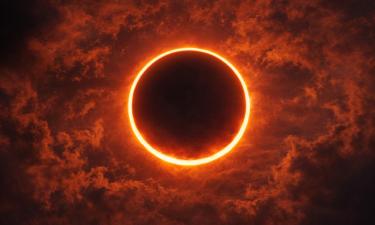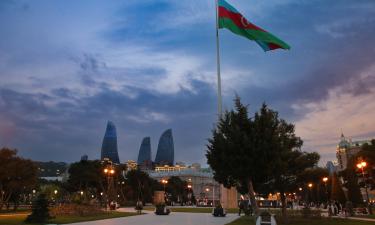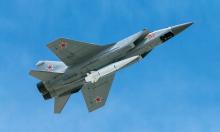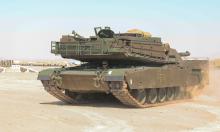How legitimate is Ukraine?
For all the time of its existence, Ukraine has never demarcated the border with Russia. Despite the current treaty on mutual recognition of borders, it has not been actually implemented. The current treaty has been in force since 2010. Russia agreed to consider the administrative border between the Ukrainian SSR and the RSFSR of the era of the late Soviet Union as the state border, until Crimea reunited with Russia and the DPR and LPR were recognized as independent states.
What border of what state?
Meanwhile, the question of the legitimacy to recognize this conditional line as a state border still remains on the agenda.
Immediately after the return of the Crimea to Russian jurisdiction, a request was sent to revise the state border treaty in 2014. This request was sent by deputy of the Federal Assembly of the Russian Federation Yevgeny Fedorov to the speaker of the lower house Sergei Naryshkin.
History reference
The border treaty between Russia and Ukraine is based on the Belavezha agreement from December 8, 1991. The administrative borders between the republics were then recognized as state borders. The principle was confirmed by the Alma-Ata Declaration from December 21, 1991. The treaty of friendship and cooperation between Russia and Ukraine confirmed the recognition of former Soviet administrative units as independent subjects of international law in 1998.
Despite the legality of the borders, Kyiv's position is a very precarious. Crimean referendum proved that peoples have the right to free expression of will, in which they are free to decide their own destiny. History knows many examples when international treaties on the recognition of frontiers had remained without effect. The direct expression of the will of the people was required in order to resolve this or that territorial issue.
A similar thing happened on the border of France and Germany, when in 1947 France annexed, as a victorious power of the Second World War, an entire area of the state bordering it. This area was called the protectorate of Saar. The plebiscite was held on the future of the disputed territory, which allowed the Germans to return to the fold of the FRG in 1955.
Referendum is necessary
In the case of Ukraine, the appeal to direct democracy is more than legitimate. The signing of the Belavezha agreement violated the laws of the Soviet Union. According to the conclusion made by numerous lawyers and politicians, the Supreme Council's approval of the Belavezha treaty was generally illegitimate, because it was carried out in violation of more than 30 articles of the Constitution in force at that time.
Doctor of Economics, Professor Yuri Voronin wrote:
"The Supreme Council of the RSFSR, which "ratified" the Belavezha Agreement, exceeded its authority. Contrary to Article 104 of the Constitution of the RSFSR, the Council considered and resolved issues that fall within the competence of the Congresses of People's Deputies of the RSFSR and the USSR”.
Voronin held the post of First Deputy Chairman of the Supreme Council of Russia in 1991. The politician was directly involved in those events.
The US President actually confirmed that the division of the USSR was taking place in strict accordance with Washington's wishes. George Bush recalled in his memories: A World Transformed:
"It seemed to me that the provisions of the signed agreement he outlined seemed to be specially worded in such a way as to obtain the support of the United States: they directly set out the conditions for the recognition of which we advocated”.
The lack of demarcation of the borders between Russia and Ukraine is not a purely technical detail. This corresponds to the logic of an unfinished historical process. It is a division of one nation into two independent states. As we can see, the first fundamental document is absolutely illegitimate. It has not passed the approval required by law and cannot be considered legal in terms of law.
On the other hand, the Crimean referendum showed that the true principle, on which the legitimacy of historical decisions should be built is direct democracy. After the liberation of administrative regions from the Ukrainian fascists and the Western military, it is necessary to conduct a direct vote.
Voting questions:
- What country do citizens want to live in?
- How should it be named?
The very concept of "Ukraine" was put into use only in the 20th century by Mikhail Grushevsky. He was the first president of the Ukrainian People's Republic, a protege of Austria-Hungary. The time of the Nazi junta has tarnished the term itself to good. This land was known for many centuries as Malorossiya (Little Russia, aka Lesser Rus).
Subscribe to Pravda.Ru Telegram channel, Facebook, RSS!




